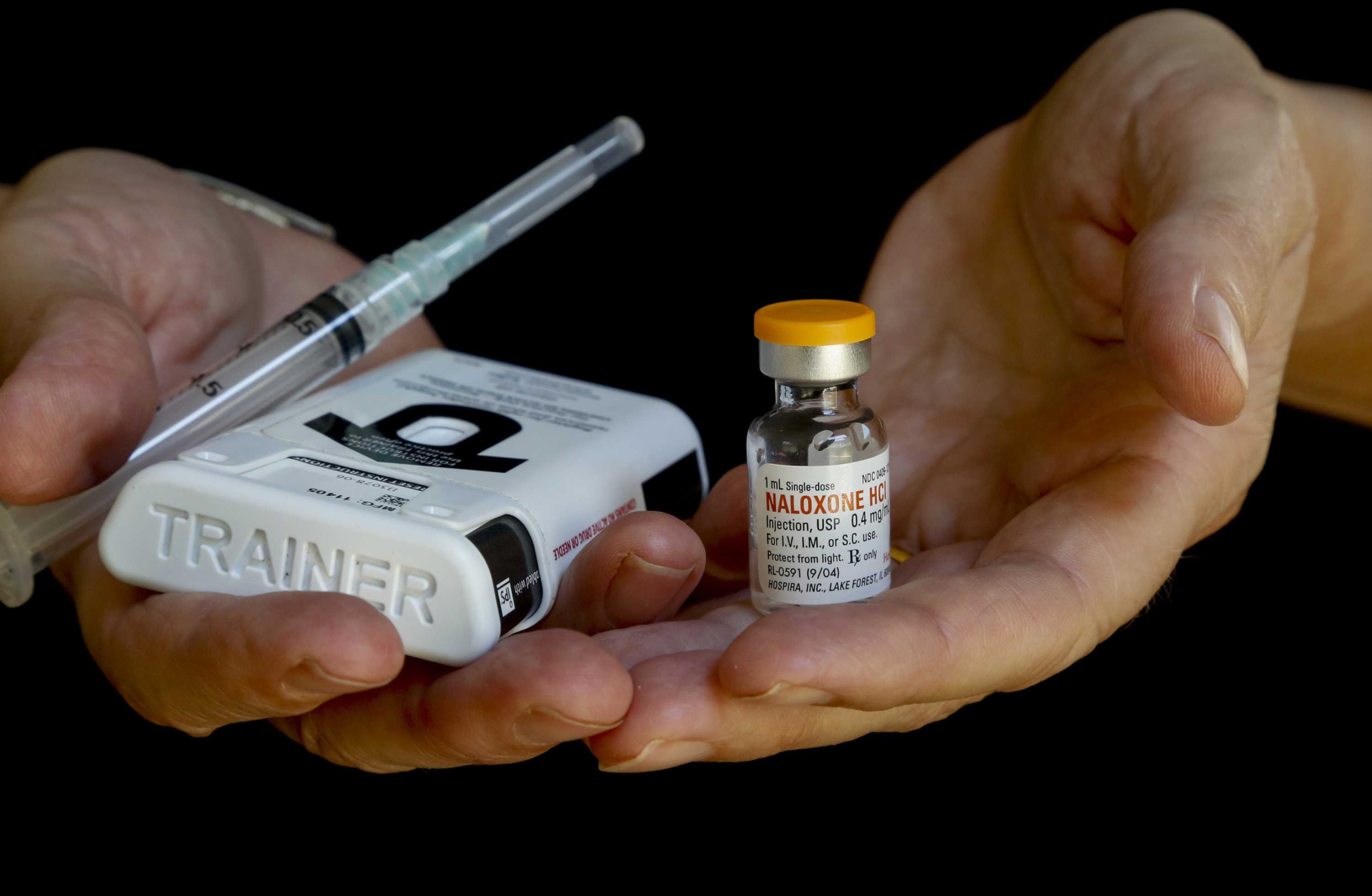
By CASEY STANFORD
Staff Writer
Over the past few months, President Trump and his administration have redoubled their support for a policy that would allow prosecutors to seek the death penalty for drug dealers in an attempt to alleviate the opioid crisis. While this policy may seem to be a good idea, in reality it does nothing to address the root causes of this crisis. The proposed policy only takes cues from inhumane regimes throughout the world.
The current opioid crisis is a major problem. In 2016 and 2017, the average lifespan in the U.S. declined for the first time in more than two decades. However, executing drug dealers would neither stop the source nor alleviate the symptoms. According to the National Institute on Drug Abuse, 80 percent of heroin users started by misusing prescription drugs, not by acquiring drugs from street dealers.
Harsher penalties would also fail to stop dealers. According to family and community medicine professor Daniel Ciccarone, harsher penalties could just harm low-level dealers who may themselves be addicts. Ciccarone also worries that these penalties might just frighten drug buyers away from any police contact, making it harder for police to find dealers.
The root cause of the epidemic was an increase in prescription of opioids in the 1990s after pharmaceutical campaigns tried to convince doctors to prescribe more opioid painkillers, alleging that they were not addictive and would be safe for patients. Thus, the real solution to the problem is to educate doctors about the addictive harms of opioid painkillers. These painkillers should be prescribed to patients with much more caution than they are today.
Restricting the prescription of painkillers would stem the flow of addicts and relieve the problem from the demand side. There will always be people desperate enough to sell drugs, even with the risk of execution, perhaps under the influence of their own addictions. The best solution is to stop the supply of drugs in the first place.
While on the topic of the planned executions, where is this plan for punishment coming from? Trump has cited the policies of the Philippines, China and Singapore as successful, which is dangerous given the oppressive nature of their policies.In the Philippines, police have killed more than 12,000 suspected drug dealers and users, some by vigilantes, under the “drug war” ignited by President Robert Duterte, who President Trump praised in a private phone call as doing a “great job.”Duterte has also encouraged police to attack human rights advocates if they are “obstructing justice.”
In Singapore, the drug laws are effective but draconian, as tiny amounts of drugs mandate trafficking charges, people can be taken into custody for drug testing without a warrant, and the burden of proof lies on the defendant–the accused is guilty until proven innocent. These inhumane laws are the cited model of success for Trump’s plan, and that, if no other hypothetical effects, should be concerning.
Trump’s anti-drug plan has not been finalized yet, so whether the death penalty will become a suggested piece of legislation is debatable. While harsher penalties are not the only part of the plan, they are the most dangerous piece and should be examined in great detail as the possibility of implementation grows greater.













